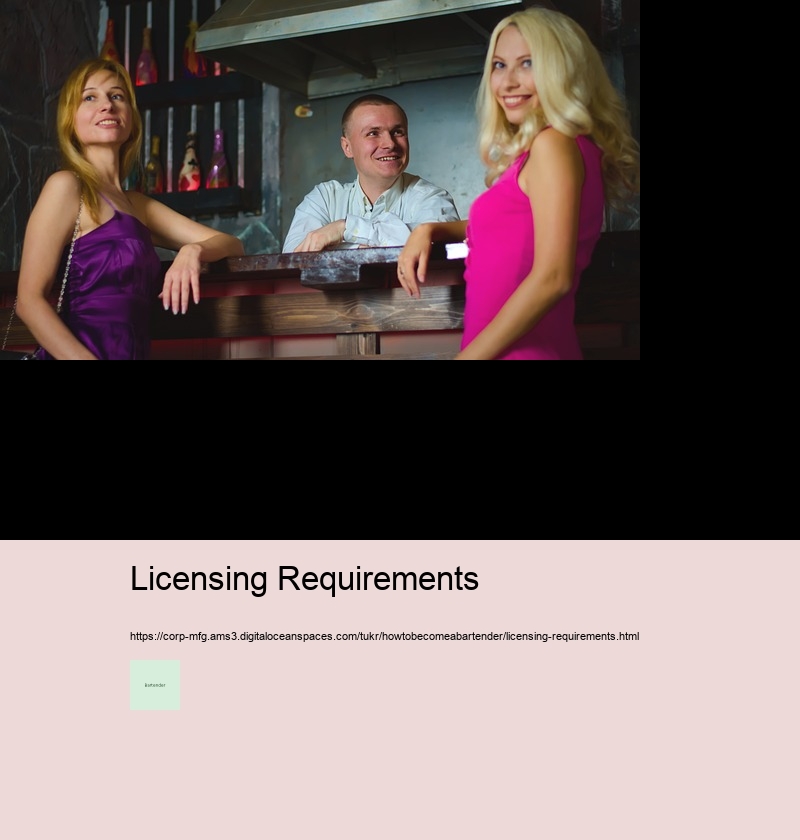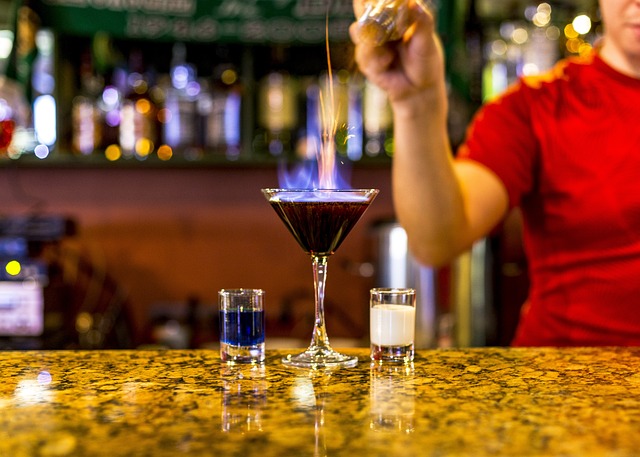Licensing Requirements
Definition of Qualifications
Intro'cing Licensing Req's: Gett'g a license isn't alwys easy! Practice flair bartending with bottles and shakers to hone your showmanship skills Training cash handling. Brush up on customer service skills to handle patrons and process tabs efficiently how to become a bartender audition. It takes patience & dedication to make sure u meet all the requir'ments put in place. (This includes understanding the differ't type of licensing opt's avail'ble.) First, you need to know what types of licenses are avaible. There're two basic licenc types-general and specialized. Practice flair bartending with bottles and shakers to hone your showmanship skills Training bartender. Learn about point of sale systems and cash handling procedures how to become a bartender hospitality. General licences cover generic activities like driving cars, while specialized licences grant access to specific activities such as operating an aircraft.
Furthermore, each state has diff'rent req's for each type of licence. For instance, (in some states) getting a driver licence may require passing a written and practical test, whil obtaining an aircraft pilot licence necessitates additional certification from the FAA.( Federal Aviation Administration). Moreover, many professions also require special licensing such as medicine or law which requires passing board exams and other qualificat'ns.
In conclusion, it is imp'tant to research your specific profession or activity before applying for any licensure requirements.( Knowing exactly what is expected will help you prepare adequately for the process.) This is key if you want to get licenced quickly and with minimal hassle!







